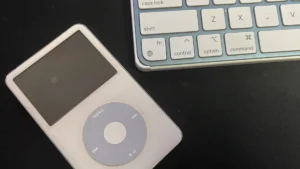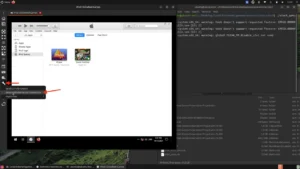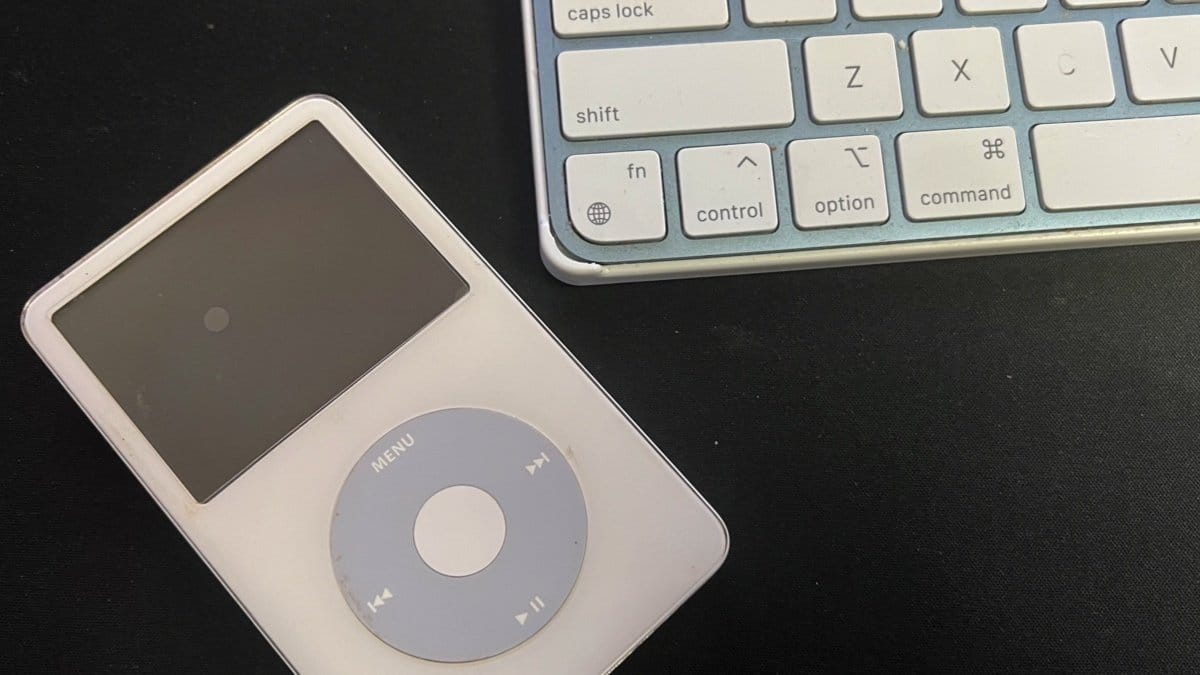Reviving a Legacy.In the early 2000s, the iconic click-wheel iPod was more than just a music player – it was the first Apple device to introduce mobile gaming to fans, predating the iPhone by a few years. Despite their limited features compared to today’s complex mobile games, these nostalgic titles captured the hearts of many. Now, thanks to the efforts of dedicated fans, these games may have a second life.

The Origins of iPod Gaming
With the rise of the iPod, Apple began offering games that utilized the unique click-wheel interface. Starting around 2006, the iTunes Store featured downloadable games for $4.99 to $7.49 each, created in collaboration with leading developers such as Electronic Arts, Sega, and Square Enix. With classic titles like Sonic the Hedgehog, Ms. Pac-Man, and Asphalt 4: Elite Racing, these games became cult favorites. By 2011, Apple had discontinued the click-wheel iPod games, eventually removing them from the iTunes Store.
Reviving a Legacy
Apple maintained limited support for users to re-download these games if they had already purchased them. However, without any official backups or alternative access methods, once an iPod failed, any games on it would be lost forever.
The Click-Wheel iPod Games Preservation Project

Enter the iPod Click-Wheel Games Preservation Project, led by two fans named Quix and Olsro. Their collaboration began on a Discord channel for iPod enthusiasts, where Quix revealed a method for transferring game backups using Apple’s DRM permissions. Together, they launched the iPod Click-Wheel Games Preservation Project, an effort to save these games before Apple’s re-authorization servers go offline.
Reviving a Legacy
To support the project, Olsro created a shared “virtual machine” that enables users to sync their iPod games onto authorized devices without losing them. Through this setup, individuals who still have these games can preserve them for the future and even share them with others who have compatible click-wheel iPods.
Preserving the Legacy
The virtual machine’s key feature is that it allows owners of these games to upload and share them. This is achieved by using Qemu, an emulator that enables USB passthrough. Essentially, if a user has the game files saved, they can be synced and preserved indefinitely. This community-driven preservation initiative is critical, as once Apple decides to shut down its re-authorization servers, the ability to transfer or re-download these games would be lost.
Reviving a Legacy
Why Preservation Matters
For many, these games represent more than just a piece of nostalgia. They are a snapshot of a unique era when mobile gaming was still in its infancy. Click-wheel games introduced players to simpler mechanics that relied on creativity within the hardware’s constraints. Titles like Sonic the Hedgehog and Texas Hold’em adapted surprisingly well to the iPod’s minimalistic interface, offering players an intuitive way to engage with their devices beyond music.
Reviving a Legacy
As with many retro software and hardware items, there is a concern that digital history will vanish as technology advances. With limited official support from Apple, fans have taken the initiative to preserve this part of mobile gaming history.
Reviving a Legacy
How the Preservation Project Works
One of the significant technical barriers the project faced was Apple’s DRM, which restricts game files to authorized devices. However, Quix discovered a method where users could back up their purchased iPod games on a secondary device running iTunes. This workaround allows a separate computer to serve as a backup source, preserving the games for potential re-installation if the original iPod fails.
Reviving a Legacy
With Olsro’s help, the team has developed a virtual machine that any authorized user can access. This virtual environment allows for easy syncing of games between devices, ensuring they remain playable on compatible click-wheel iPods.
Reviving a Legacy
The virtual machine uses Qemu to allow users to connect their iPods via USB and sync backed-up game files directly. It has already enabled the preservation of 42 out of the 54 known click-wheel games – a major step towards saving these titles for future generations. Reviving a Legacy
Apple’s Role and Future Challenges
While Apple has permitted re-authorizations of these games since discontinuing them in 2011, it’s uncertain how long this feature will be available. The re-authorization process relies on Apple’s servers to verify that the user has previously purchased the game. If Apple ever shuts down these servers, any attempt to access the games on a new device would be blocked.
Reviving a Legacy
Olsro and Quix are aware that time is of the essence. Without the option to authorize new devices, it would become impossible to transfer or back up these games legally, potentially leading to their permanent loss. As a result, the project is in a race against time to preserve all remaining click-wheel iPod games before any potential server shutdown.
Reviving a Legacy
Contributing to the Project
For those interested in contributing, the project is always seeking iPod enthusiasts who may have games stored on their devices. Users with backed-up .IPG files – the unique format for click-wheel iPod games – can help preserve these games by uploading them to the virtual machine. To contribute, interested individuals can contact Olsro through Discord, where the team is actively coordinating efforts.
Reviving a Legacy
It’s essential to note that the preservation project operates legally, only working with individuals who have purchased the games. The project does not distribute games directly; instead, it relies on each user’s authorization to back up their games.
Embracing Digital Nostalgia
The resurgence of interest in click-wheel iPod games is part of a broader trend toward retro gaming. As technology has evolved rapidly, many digital artifacts from the early 2000s risk being forgotten. However, with projects like this, fans are taking control, ensuring that these unique pieces of gaming history remain accessible.
Reviving a Legacy
In a world where digital rights and ownership continue to be hot topics, the iPod Click-Wheel Games Preservation Project highlights the importance of preserving not just physical artifacts but also digital memories. As more companies shift to cloud-based storage and access models, the future of digital preservation lies in the hands of dedicated fans who recognize the cultural value of digital history.
Reviving a Legacy
Final Thoughts
The iPod Click-Wheel Games Preservation Project represents more than a technical achievement. It’s a testament to the power of a passionate community determined to preserve digital history. Thanks to the work of enthusiasts like Quix and Olsro, the early days of mobile gaming on the iPod will live on for future generations to enjoy. Whether for nostalgia or historical interest, this preservation effort ensures that these games remain a beloved part of Apple’s legacy.
Reviving a Legacy
Reviving a Legacy
Reviving a Legacy
